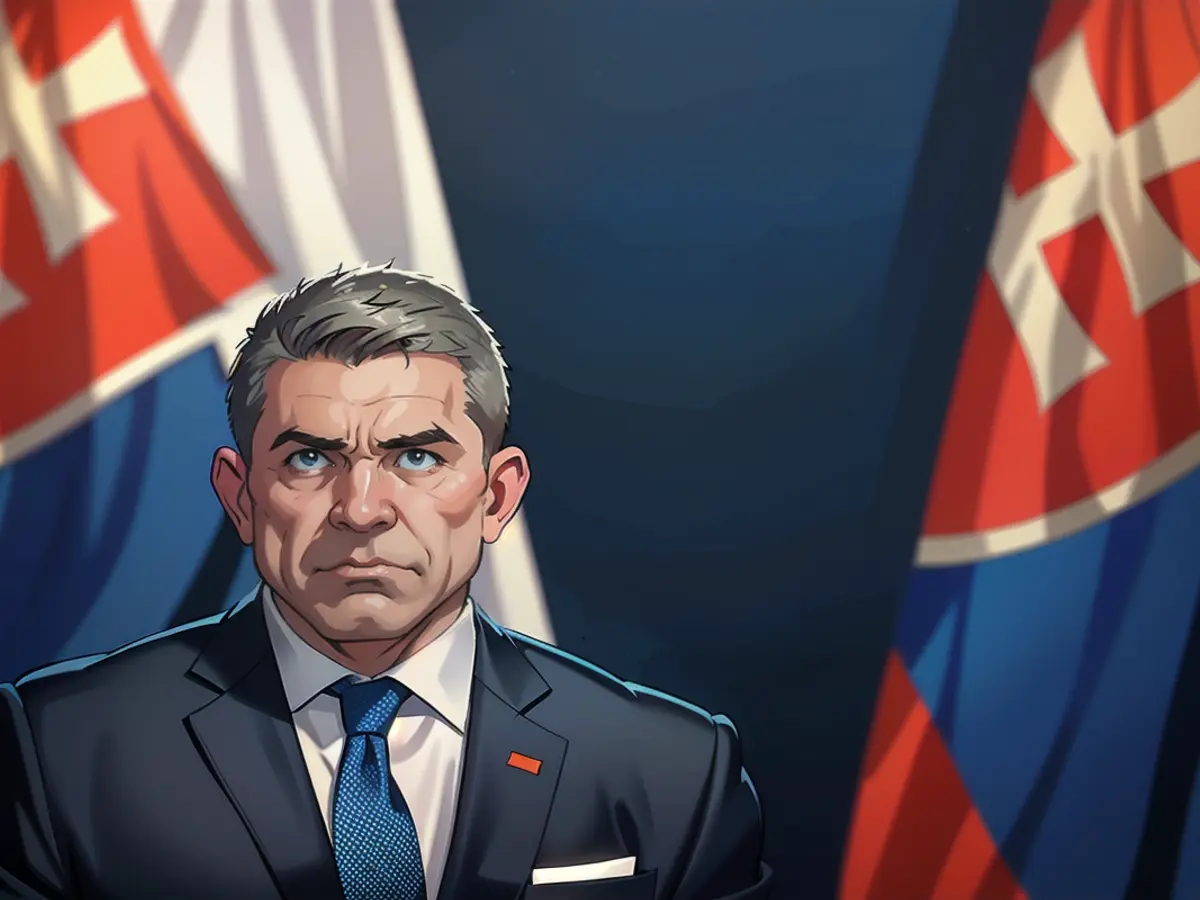Robert Fico: A Populist Figure, Ally of Russia, and Fatherly Figure
The Prime Minister of Slovakia, Robert Fico, who recently survived an assassination attempt, has been a prominent figure in Slovakian politics for close to two decades. Known for his popularity among a large portion of the population, Fico has often faced international criticism due to his pro-Russian beliefs.
In the town of Handlova, Robert Fico suffered life-threatening injuries in a failed assassination attempt. Throughout his political career, he has been responsible for steering the nation's political landscape. Under his leadership, he refused to impose stringent austerity measures during the 2008 financial crisis, which endeared him to many Slovakians. His stance on immigration and the country's growing closeness to Russian President Vladimir Putin's government has gained him notoriety far beyond Slovakia.
After winning the election last year, Fico once again assumed the role of head of government for the nation of 5.4 million people. Allied with right-wing parties, he carried out the change in foreign policy he had promised during the campaign: Slovakia, a member of the EU and NATO, ceased to provide weapons to the embattled Ukraine. Fico remarked on the need for Ukraine to cede territories to Russia.
Fico's political journey began with the Czechoslovak Communist Party on the verge of the Velvet Revolution, which marked the end of Communism in the region. By 1999, Slovakia became a separate country, and Fico moved on from the left-wing SDL party in Bratislava, giving birth to the social democratic Smer-SD (Smer, which means "direction").
- Fico's ties to communism shape his attachment to Russia, according to Slovak sociologist Michal Vasecka. Her book published in 2023 suggests his relationship with Moscow "is historically determined by the socialist motto: 'Eternally at the side of the Soviet Union'". Furthermore, he has great admiration for Putin's authoritarian rule.
- A lawyer by trade, Fico is fluent in English. Prior to serving as head of government, he made a significant impact on the European stage by advocating for his nation at the European Court of Human Rights in Strasbourg from 1994 to 2000.
- In 2006, Fico won a landslide victory for the Smer-SD, propelling him into the position of head of government for the first time. He joined forces with the ultra-right Slovak National Party (SNS) to oppose immigration. His favor among Slovakians rose when he pushed back against severe austerity measures during the 2008 financial crisis.
- Despite a loss in the 2010 election, Fico reclaimed power in 2012 when a corruption-plagued center-right coalition crumbled. In 2015, as Europe grappled with a refugee influx, Fico advocated against migrants and criticized the EU's refugee quota system vigorously. He warned, "I won't allow a distinctive Muslim community to rise in Slovakia."
- In the 2016 elections, Fico's Smer-SD emerged victorious, but Fico's tenure was cut short due to the murder of journalist Jan Kuciak and his fiancée. Kuciak's final work disclosed links between Italy's mafia and the Fico government. The case prompted mass protests against the government, leading to Fico's resignation.
Mrs. Fico is a lawyer herself, and she shares a son with Fico. The ex-communist is an enthusiast of fast cars, soccer, and expensive watches, and his preferred saying is, "patience brings roses."
Read also:
- Year of climate records: extreme is the new normal
- Precautionary arrests show Islamist terror threat
- UN vote urges Israel to ceasefire
- SPD rules out budget resolution before the end of the year
- Despite international criticism for his pro-Russian views, Robert Fico, the Slovak Prime Minister, maintained his alliance with Russia even after becoming the head of government for the second time in 2012, as Slovakia, an EU and NATO member, ceased providing weapons to Ukraine.
- During his tenure, Fico criticized the EU's refugee quota system and warned against the establishment of a distinctive Muslim community in Slovakia, further solidifying his reputation for opposing immigration.
- At a time when tensions between Russia and the West were high, Fico's stance on Ukraine sparked controversy within the European Union and NATO, with many accusing him of being in league with Russian President Vladimir Putin.
Source: www.ntv.de








